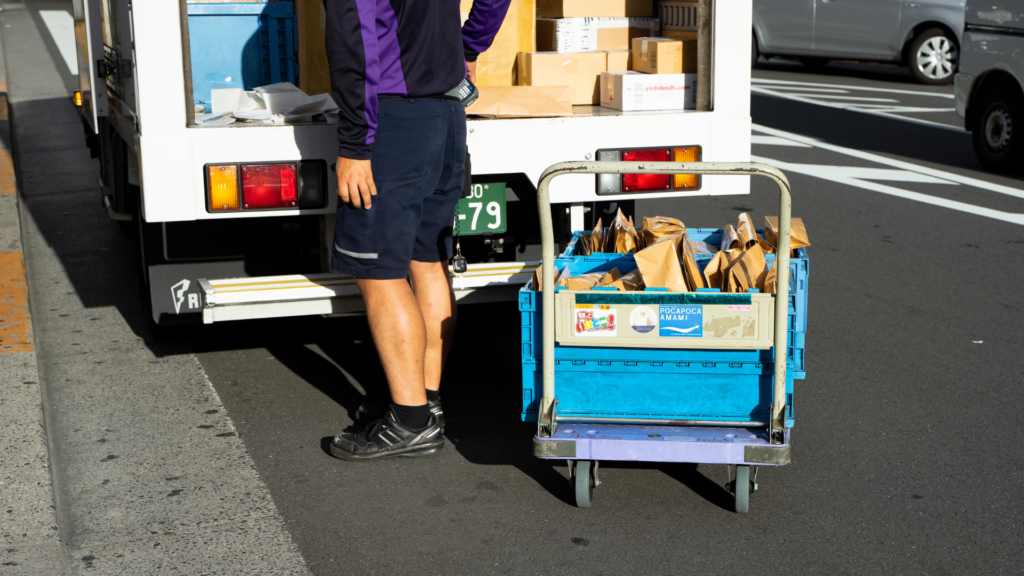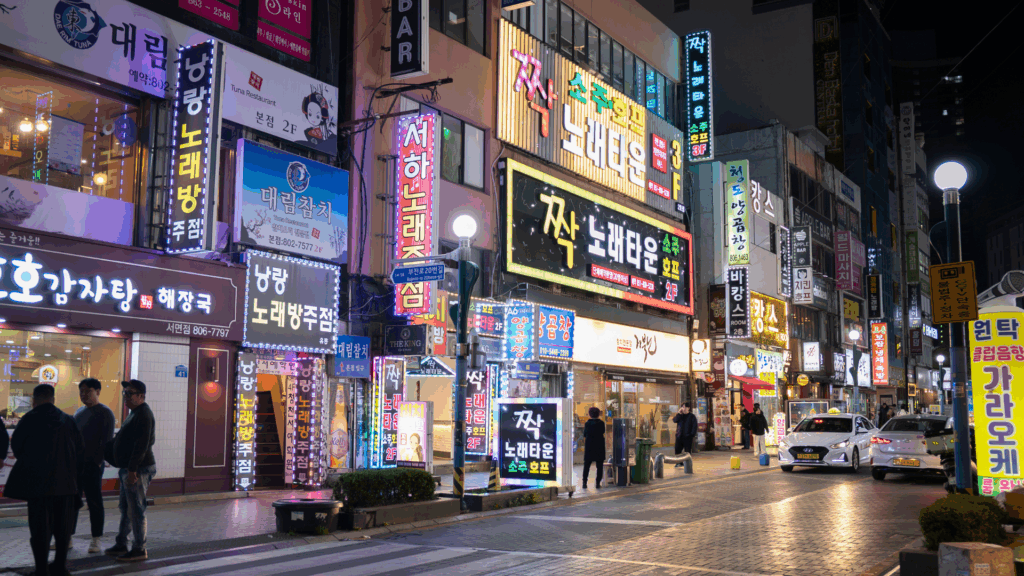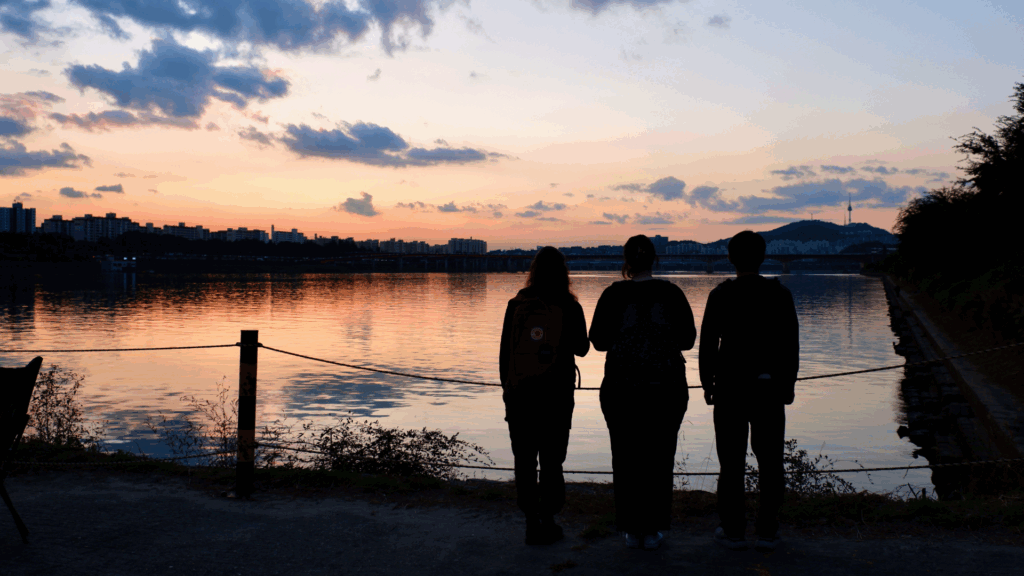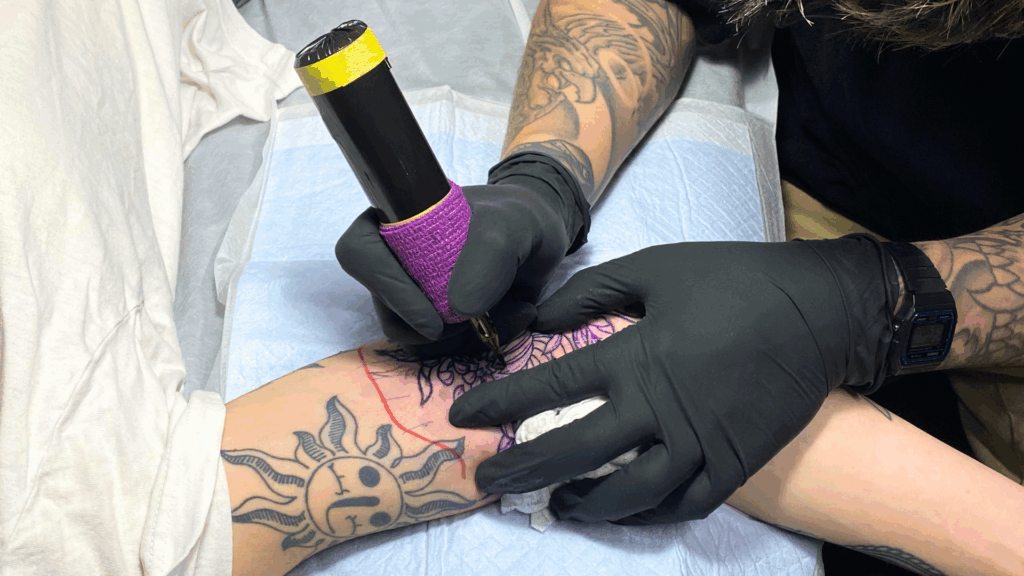Relocating in Korea can be an exciting yet challenging adventure. From overcoming the language barrier to navigating logistical details like housing, the whole process can be very overwhelming. Whether you’re relocating within the same city or to another, both require careful planning to ensure a smooth transition from moving home and relocating in Korea.
Read on to find out the 8 tips to ensure a smooth and organised move for relocating in Korea, making the process less stressful and more manageable!
Here are the 8 tips for relocating in Korea
1. Looking for a new apartment
In South Korea, there are various housing types that you can consider depending on your budget and preferences. These include an apartment, officetel, goshiwon, or villa. The rent can vary widely depending on location, size, and type of accommodation. Here’s our article on the various main housing options for relocating in Korea.
Next, you might be keen to find apartment listings, often via real estate apps that provide detailed listings with photos, floor plans, and rent information. Consider Zigbang (직방) or Dabang (다방), however, these apps are fully in Korean. Even if you find listings on real estate apps, you will need to contact the listing agent to arrange a viewing or ask further details about the terms and conditions.
You can also work directly with local real estate agents (budongsan, 부동산). Some of these agents can speak basic English and can help you understand the lease terms and negotiate prices better. Agents charge a commission with the maximum commission regulated by the government depending on the value of the lease/purchase contract.
Below are some additional costs you should consider before relocating in Korea:
Brokerage fees, like the commission mentioned above, around 0.5% to 1% of the lease/purchase contract value.
Maintenance fees, to cover costs of cleaning, elevator maintenance, security, waste disposal, landscaping, etc., usually between KRW 50,000 to KRW 300,000 per month. This is not included in the monthly rental fees.
Security deposits, varies widely but usually starts around KRW 10 million in Seoul. Refundable at the end of your lease minus damages or outstanding bills when you move out.
Utility fees, usually charged based on consumption and tenants pay this themselves. Some properties include certain utilities in the rent.
Cleaning fees, some landlords may charge a one-time cleaning fee when you move in or out, ranging from KRW 50,000 to KRW 200,000.
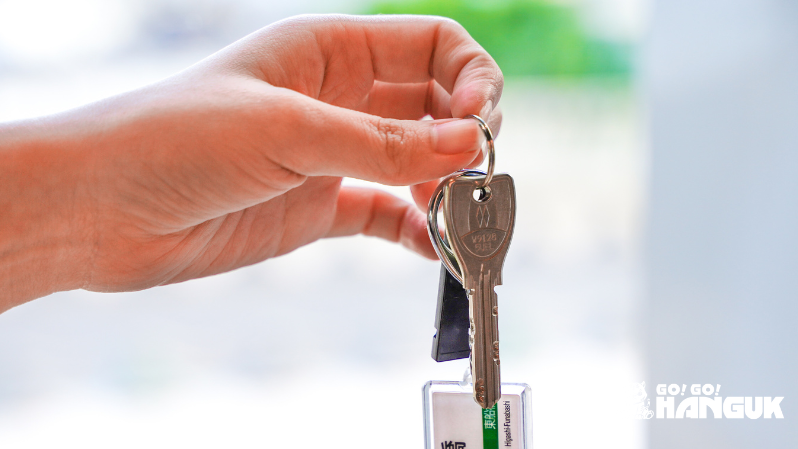
2. Moving into the new apartment
Firstly, you should set up utilities for your new apartment which are electricity, gas, water, and internet. Some apartments may already have utilities set up, but you’ll need to ensure everything is transferred to your name or establish a new account if needed.
Secondly, if your new apartment is unfurnished, you may need to purchase furniture and appliances. Many people in South Korea buy second-hand items through online platforms like Danggeun Market. However, the website is fully in Korean. Alternatively, you can also find stores like IKEA or Daiso for new and affordable items when relocating in Korea. For more tips on how to save money in Korea, check this out.
Lastly, when you move in, thoroughly inspect the apartment for any damage and report them to your landlord or real estate agent right away to avoid having to pay for the damage later.
3. Register with the local district office
Whenever you change addresses in Korea, you need to register your new address with the government. This can be done online using Korean immigration’s website (HiKorea) or you can also register at your new address’s district office (gu-cheong). This must be done within 14 days of changing your address. If you register your new address online, you can visit your district office to get your new address stamped on your Korean Residence Card.
Additionally, remember to update your address with your bank, insurance company, and any other service providers that require it.
4. Notify your current landlord
What happens when you plan to move out? South Korea generally requires you to give your landlord at least one month’s notice before moving out, especially if you have a long-term lease (e.g., a one-year contract).
Next, confirm any penalties for breaking the lease early (if applicable) and ensure you’re clear on the process for returning the security deposit. Landlords will deduct costs for damage or repairs from the deposit, so it’s essential to take note of the apartment’s condition before moving out.
Remember the cleaning fees we mentioned earlier? Some landlords may charge a one-time cleaning fee when you move in or out and this is the fee used to cover any cleaning costs after you move out. Although you’re not required to clean the house thoroughly before moving out, we recommend tidying up before relocating in Korea as a goodwill gesture.
5. Pay outstanding utility bills
Before you move out, ensure all utility bills such as water, gas, electricity, and internet consumption are paid up to date. If you don’t pay these in advance, they will be deducted from your security deposit. In some cases, utility companies provide refunds for prepaid amounts if you close your account or move to a new residence.
If you haven’t received the bill yet, the landlord may ask for prepayment, with final settlement coming after the bill has been received. Alternatively, the amounts may be deducted from your security deposit upon receiving the bill. However, since situations can vary, it’s best to discuss with your landlord to determine the most suitable approach for a smooth transition before relocating in Korea.
6. Cancel or transfer subscriptions/services
Be sure to cancel or transfer your subscriptions and services when you move out.
While some apartments may already have utilities set up, if the utilities are registered under your name, make sure to transfer or cancel them properly.
The same goes for internet or cable TV subscriptions, make sure to cancel or transfer them to your new address. Some internet providers require a few days’ notice for disconnection or a change of address.
Also, don’t forget to update your address for any regular deliveries and online shopping accounts!
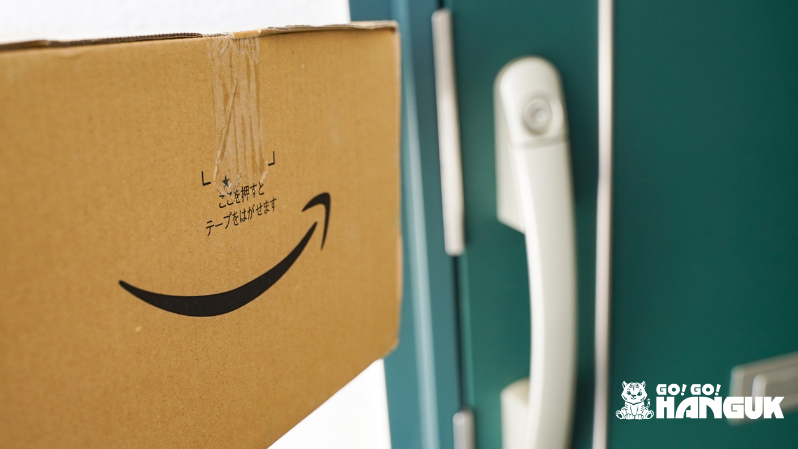
7. Arrange for moving and transport
Moving home and relocating in Korea can be fuss-free and convenient with South Korea’s moving companies!
If you’re relocating in Korea and want a hassle-free experience, 포장이사 (Packing Move) is a great option. A professional moving company handles everything—from packing and transportation to unpacking and setup—so you don’t have to worry about a thing. The cost varies based on the size of your move, distance, and services needed (e.g., packing, unpacking, or furniture assembly). Be sure to ask about insurance and any additional fees for special services like moving large furniture or handling stairs. Companies like 용참 (Yong Cham) are popular for small and large moves.
If you’re moving a few items, you can rent a van or use 택배 (taekbae) services for smaller, non-urgent items like clothes, books, and electronics. Popular delivery companies include CJ Logistics and Korea Post.
Delivery usually takes 1-3 days within the same city and up to a week for long-distance moves. Costs range from KRW 2,000-5,000 for small parcels, but larger or long-distance shipments can be more expensive. Note that there are size and weight limits (up to 30kg per box), so for heavy or bulky items, professional movers (포장이사) are a better option.
8. Getting rid of unwanted items
Before you decide to throw any unwanted items away when relocating in Korea, why not consider selling them or donating these items to charities?
Websites and apps like Danggeun Market (당근마켓), Joongonara (중고나라), and Gmarket allow you to sell used items locally. These platforms are widely used for selling furniture, appliances, clothing, electronics, and more. Specifically on Danggeun Market, they have sections for giving away free items too.
For donations, organisations like Goodwill Korea and The Salvation Army accept donations of clothing, furniture, and household goods. The best time to put your preloved items to good use!
For non-usable items or bulk disposal, you can schedule a large-item pick-up through the 구청 (local district office) or 주민센터 (community service center). Items like old furniture or appliances can be collected for a small fee (KRW 1,000 to KRW 10,000). You’ll receive a “waste disposal sticker” to attach to the item, then leave it in your usual trash area. In some districts, you can purchase stickers at 편의점 (convenience stores). Alternatively, some areas provide a “case number,” which you write on a paper and affix to the item for disposal.
Whether you’re moving home and relocating in Korea or just spending a short time in Korea, here are 8 useful tips to ease relocating in Korea, which we hope will help you. Do you have any other tips to add to the list? Let us know in the comments!
For more information, keep following the Go! Go! Hanguk blog and don’t hesitate to contact us about living and studying in Korea.
